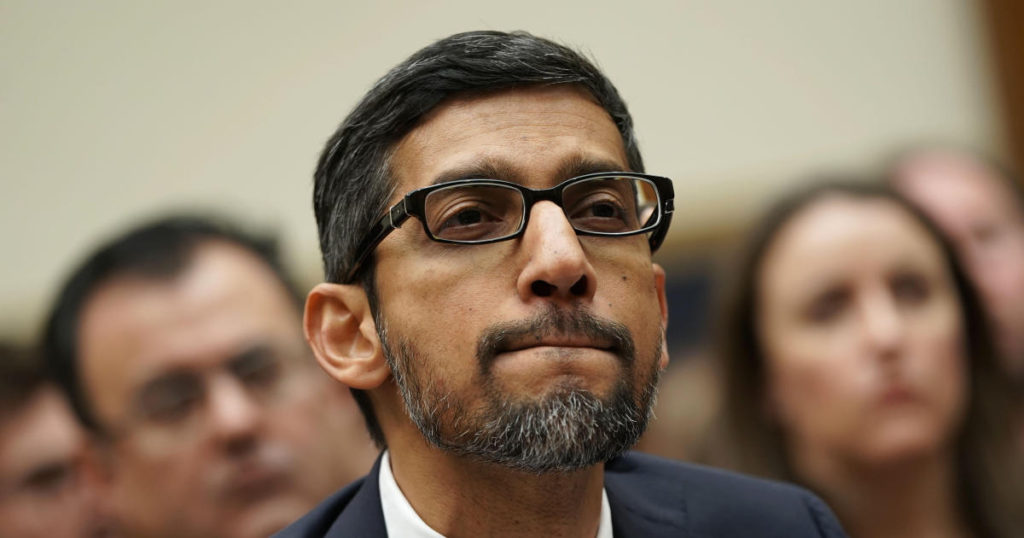|
Getting your Trinity Audio player ready...
|
Google’s new AI chatbot tool, Bard, has yet to be released to the public, but it has already attracted criticism for an inaccurate response it generated during a demo. The demo was posted by Google on Twitter and involved a user asking Bard about new discoveries from the James Webb Space Telescope that could be shared with a 9-year-old.
Bard’s response included a bullet point claiming that the JWST took the first pictures of a planet outside of our solar system. This claim, however, has been debunked by NASA, which stated that the first exoplanet image was taken by the European Southern Observatory’s Very Large Telescope in 2004.
This inaccurate response from Bard has significant implications for Google’s integration of AI technology into its core search engine. The company is facing intense competition from Microsoft’s ChatGPT and is under pressure to keep up with the rapidly changing landscape of conversational AI and how people search online.
However, this mistake raises concerns about the accuracy of information provided by AI chatbots and the potential damage it could cause to Google’s reputation for providing reliable information through its search engine.
Bard, like ChatGPT, is built on a large language model that is trained using vast amounts of data from the internet. This training process allows the chatbot to generate compelling responses to user prompts. Despite their potential to provide engaging answers, experts have long warned that these AI tools may spread false information.
The recent drop in shares of Alphabet, Google’s parent company, by 7.7% and the loss of $100 billion in market value, demonstrates the importance of ensuring the accuracy of information provided by AI chatbots.
It is crucial for Google to address these concerns and ensure the accuracy of information provided by Bard and similar AI chatbots. This is especially important considering the increasing reliance on these tools for information and the potential consequences of spreading false information.
Google has a responsibility to its users to ensure that the information it provides is accurate and reliable, and the recent blunder with Bard highlights the need for further development and testing before release.
Moreover, the competition in the AI chatbot industry is only going to intensify, with more companies investing in the development of these tools. It is essential for Google to ensure that its AI chatbots not only provide engaging and compelling answers but also accurate information. The company should invest in rigorous testing and quality control measures to avoid such mistakes in the future.
In conclusion, Google’s recent blunder with Bard underscores the importance of accuracy in AI chatbots and the potential consequences of spreading false information. The company has a responsibility to its users to provide accurate and reliable information, and it must take necessary measures to ensure the accuracy of its AI chatbots before releasing them to the public.
With the increasing competition in the AI chatbot industry, it is vital for Google to stay ahead of the curve and deliver the highest quality and most accurate information possible.



